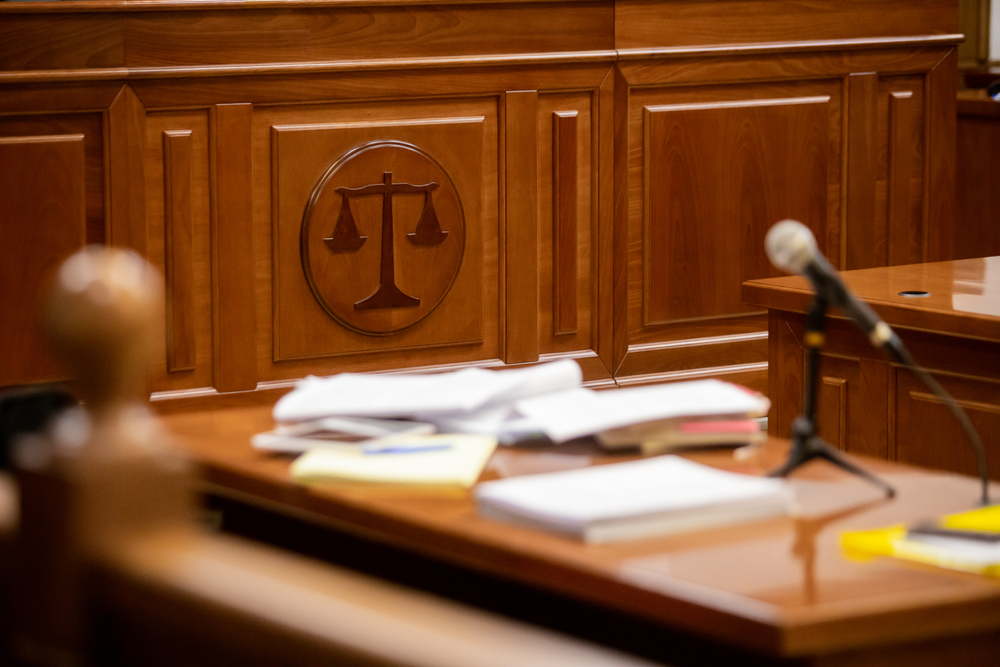
Court reporting and audio recordings are two fundamental technologies employed in legal proceedings to ensure an accurate record of what transpires in court. Court reporting involves a trained professional, known as a court reporter, who transcribes spoken words, gestures, and actions into a written record during legal proceedings. This method is highly regarded for its precision and reliability. On the other hand, audio recordings capture all sounds during the trial through electronic means, offering a different form of documentation. Both methods aim to provide a verbatim record, which is crucial for legal accuracy and the fair administration of justice. This accuracy is imperative not only for the resolution of the current trial but also as a reference in any future legal proceedings or appeals.
Accuracy and Reliability
Court reporters are trained to deliver exceptional accuracy and reliability in capturing the spoken word during legal proceedings. They transcribe the words and note how things are said, including emotional undertones and non-verbal cues such as pauses and sighs, which can be crucial in understanding the context. This level of detail is something that audio recordings alone may miss.
Audio recordings, while useful, can suffer from several reliability issues. Background noise can obscure speech, and microphones might not pick up voices uniformly, especially in larger rooms. Additionally, overlapping conversations can be challenging to discern from a recording. In contrast, a court reporter can identify speakers and capture dialogue accurately, even when multiple people speak simultaneously. This capability ensures that the transcription is a record of words and a comprehensive and clear account of proceedings.
Real-Time Access and Interaction
Real-time transcription services provided by court reporters offer significant benefits that are unattainable with standard audio recordings. These services enable:
- Immediate Access: As the trial progresses, attorneys and judges can see the transcribed text almost instantly. This real-time access allows legal professionals to review and refer to the testimony on the fly, which can be crucial for formulating questions and strategies during the trial.
- Interactivity: Attorneys can interact directly with the live transcript. They can mark important segments, make notes, and even search the transcript for specific information. This interactive capability is advantageous in lengthy trials where recalling specific testimony can influence the proceedings.
Here are the key benefits:
- Accuracy and Timeliness: Immediate corrections to misunderstandings or mishearings can be requested and resolved immediately.
- Enhanced Legal Strategy: Lawyers can adapt their strategy based on the real-time flow of information, improving their responsiveness to new evidence or testimonies.
- Client Communication: Real-time transcripts can be shared with clients who are not present in the courtroom, keeping them informed and engaged with the trial process.
These features underscore the importance of court reporters as a dynamic and practical tool for enhancing the efficiency and effectiveness of legal proceedings.
Legal Compliance and Record-Keeping
Official transcripts are required in legal proceedings to meet specific legal standards for accuracy, confidentiality, and accessibility, which court reporters are specially trained to uphold. Court reporters ensure that transcripts are verbatim, properly formatted, and adhere to all legal guidelines, making them a reliable legal document for court use.
The archiving capabilities of written transcripts also offer advantages over audio recordings:
- Accessibility: Written transcripts are easily searchable, making locating specific information or testimonies easier. This is invaluable during appeals or future legal research.
- Durability: Unlike audio recordings, which may require specific technological means for playback and can degrade over time, written transcripts are less prone to such risks and can be preserved in both digital and physical forms.
- Legal Acceptance: Courts traditionally prefer written records as they serve as a clear, unambiguous legal document, unlike audio recordings that may be subject to interpretations due to quality issues or ambiguities in speech.
These factors make court reporting an essential and more effective method for legal record-keeping and compliance in court trials.
Technological Integration and Support
Court reporting technology integrates seamlessly with a range of modern legal technologies, enhancing the efficiency and functionality of legal proceedings. For instance, digital transcripts produced by court reporters can be easily linked with trial presentation tools, allowing for the smooth display of relevant text alongside visual evidence during trials. This integration facilitates immediate access to needed documents, making the trial process more interactive and engaging for all parties involved.
Moreover, court reporting services are compatible with digital case management systems, which manage and store vast amounts of legal documents. Integrating court reporting with these systems ensures that transcripts are stored securely and are easily retrievable for review or use in ongoing cases. This compatibility reduces administrative burdens and improves the workflow of legal teams, making court reporting an indispensable tool in the digital age of law practice.
Conclusion
Court reporting offers distinct advantages over audio recordings in legal settings by ensuring higher accuracy, reliability, and integration with legal technologies. Court reporters precisely capture the spoken word and provide invaluable real-time transcription services that enhance the functionality of legal proceedings. Integrating these transcriptions with trial presentation tools and digital case management systems further underscores the essential role of court reporting in modern legal practices.
Renzi Legal Resources stands ready to provide top-tier court reporting services for legal professionals seeking to leverage these benefits in their next trial. We invite you to contact us to explore how our services can meet your specific needs and to schedule a demo to see firsthand the advantages our court reporting services offer.
